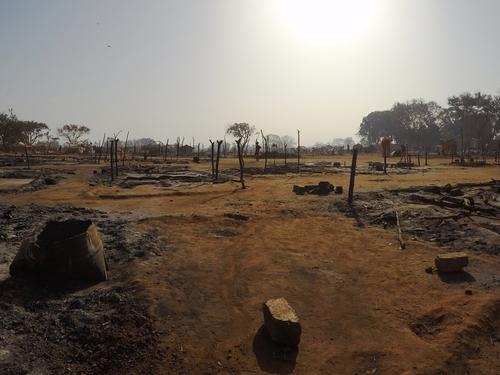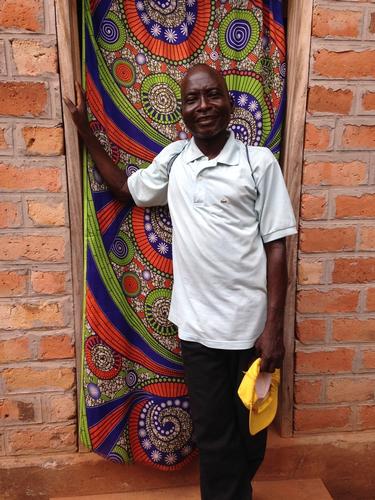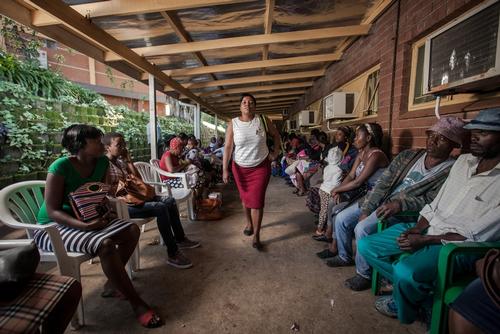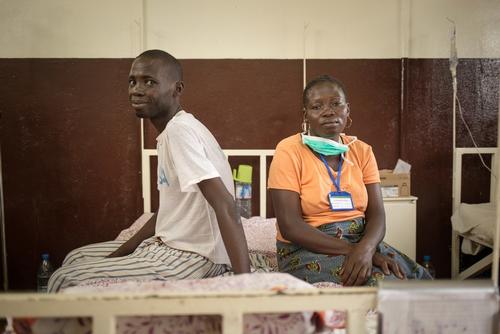Bangui — Médecins Sans Frontières (MSF) teams are preparing the distribution of hygiene and cooking kits for 560 families who lost their shelters in a fire that erupted on 10 February in the camp for displaced people in Batangafo, Central African Republic. The camp hosts some 30,000 people and remains one of the biggest in the country. Five people were injured in the fire and received treatment at the MSF-run hospital in the town.
Two days after the incident, there is still no adequate response from the humanitarian actors present in the area. For the families who lost their shelters, like for most of the displaced living for more than a year in the camp, returning home is not an option because of the risk of being attacked by armed militiamen.
The camp has hosted tens of thousands of people since armed clashes and violence from different militias forced most people in Batangafo town to leave their homes and seek protection in an open space between the hospital and the international peacekeeping force headquarters. People fleeing the violence in other parts of the region also went to Batangafo looking for protection.
Violence, robberies and exactions against civilians have not ceased and some clashes last November even forced thousands of people to seek protection inside the hospital compound. During those events some 700 shelters were intentionally burned down by the attackers.
“This situation shows once again the extremely precarious situation in which thousands of Central Africans are living,” said MSF’s head of mission for the country, Miroslav Ilic. “Families are living with almost nothing at all and fearing for their basic security every day. The humanitarian crisis in this country is far from over,” he added. Around 450,000 Central Africans are still internally displaced, while a similar number have fled the country in search of refuge.
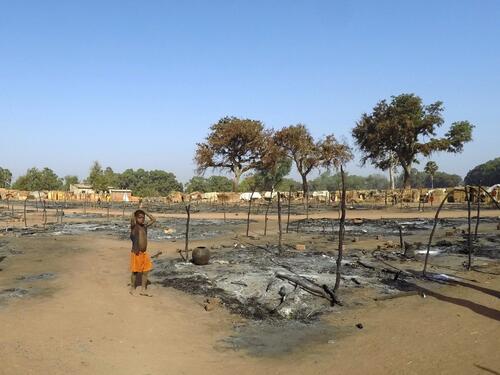
During last weeks, several fires have erupted in the area, probably related to the hot and dry weather typical of this season in the Central African Republic, which also helped to spark an accidental fire in MSF’s facilities in Batangafo two weeks ago.
MSF has been working in the Central African Republic since 1997, and currently has more than 300 international staff and over 2,000 locally hired staff in the country. Since December 2013, MSF doubled its level of medical care in response to the crisis, with the number of projects currently in 17, and has also carried out six interventions for Central African refugees in neighbouring Chad, Cameroon and the Democratic Republic of Congo.
In Batangafo, MSF manages the general hospital (165 beds) and supports five health centres located in the outskirts of the town. In 2015, nearly 75,000 consultations were conducted and 7,300 patients were admitted to the hospital. In the displacement camp, MSF has performed several healthcare activities, such as a measles and pneumococcal vaccination for over 12,000 children.



